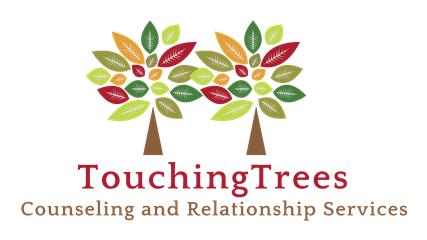One key to moving beyond an Everlasting Divorce is getting some clarity on why it's occurring in the first place. There are 5 reasons why you and your ex are stuck in this stressful situation.
 1) Inability to disengage: One mantra from the couple's therapy world is, "Do you want to be right or do you want to be done?" This refers to the idea that you can fight about being right, which just maintains the status quo of conflict and anger. OR, you can decided that it's not as important to be right as it is to be DONE. Being done means that you refuse to argue or respond, even when you KNOW you're right.
1) Inability to disengage: One mantra from the couple's therapy world is, "Do you want to be right or do you want to be done?" This refers to the idea that you can fight about being right, which just maintains the status quo of conflict and anger. OR, you can decided that it's not as important to be right as it is to be DONE. Being done means that you refuse to argue or respond, even when you KNOW you're right.2) Personality traits: A lot of people who are in an Everlasting Divorce have used the internet to determine that their ex has a personality disorder. In an attempt to figure out the WHY of it all, they figure out the BLAME of it all -- the other person. Definitely, people who exhibit traits of a personality disorder can be extremely difficult to detach from. One thing you should know, though, is that personality disorders can only be diagnosed by a mental health professional (ta-da!) and only if the "disordered" person comes in for that evaluation...which most don't. So, if your ex is showing signs of a potential personality disorder, that's important information to have because it can help you determine the best ways to work with them to move forward, but it's not a diagnosis that lays all the blame at her/his feet.
3) Attachment issues: When we're babies, we attach to a primary care giver. If that attachment is disrupted in some way and another adequate attachment is not formed, a person can have attachment issues. These may show up in ED as "control issues" because one of you is having difficulty with the feeling of rejection or abandonment that can occur with an Everlasting Divorce.
4) Caretaking: Sometimes this is also called "overfunctioning". If one of you has always taken care of the other, that's a really hard habit to break because the caretaker's sense of self is tied to being helpful. Maintaining a caretaking pattern of reminding someone about bills, making appointments for them, cooking for them, etc. keeps the relationship close, and it also can create resentments and anger.
5) Boundary issues: We hear a lot about "boundaries", but what that means in an Everlasting Divorce is that one or both of you aren't either creating adequate boundaries for yourself or respecting the boundaries of the other person. That might look like one person trying to make rules at the other parent's house. It might take the form of checking Facebook to see who your ex is dating...those kinds of things.
There's a lot of overlap in the potential causes of Everlasting Divorce. Taking a good, hard look at which (or how many) of those potential causes are at work in you ED can be a great first step toward making a change.
For more information, or to make an appointment to talk more about this, please go to www.touchingtrees.com or email Jenni at jennimcmc@touchingtrees.com.















